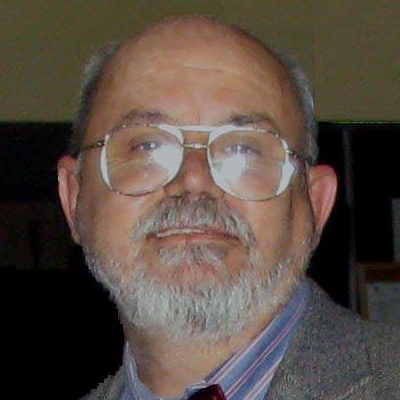Fractional Diffusion Equation: Variations and Applications
A special issue of Fractal and Fractional (ISSN 2504-3110). This special issue belongs to the section "Mathematical Physics".
Deadline for manuscript submissions: closed (31 December 2022) | Viewed by 3280
Special Issue Editors
Interests: nonlinear dynamics; phase transitions; radiation
Interests: mathematical modeling; fractional calculus; non-linear diffusion; viscoelasticity
Special Issues, Collections and Topics in MDPI journals
Special Issue Information
Dear Colleagues,
Anomalous diffusion is a process of a chaotic motion in which the mean square displacement of a particle is non-linear with time. Anomalous diffusion can be observed in many systems, and this physical phenomenon requires a specific mathematical description. The fractional diffusion equation is the most promising way to mathematically describe anomalous diffusion.
In this Special Issue, we will explore the application of fractional calculus to the diffusion process. A fractional diffusion equation may contain various forms of the fractional operators that can be discussed in this Special Issue. Additionally, the complex transfer process can generally be described with a fractional wave-diffusion equation, which is also a topic of this Special Issue. Papers concerning the use of numerical schemes for fractional wave-diffusion equations are also welcome.
The topics for this Special Issue include (but are not limited to):
- The derivation of fractional diffusion equation for various problems;
- Fractional derivative operators, including fractional derivatives of variable order;
- Analytical and numerical solutions of fractional wave-diffusion equations;
- The discretization of fractional wave-diffusion equations;
- The application of fractional diffusion equations in physics and engineering;
- Origin of anomalous diffusion.
Dr. Denis N. Gerasimov
Prof. Dr. Jordan Hristov
Guest Editors
Manuscript Submission Information
Manuscripts should be submitted online at www.mdpi.com by registering and logging in to this website. Once you are registered, click here to go to the submission form. Manuscripts can be submitted until the deadline. All submissions that pass pre-check are peer-reviewed. Accepted papers will be published continuously in the journal (as soon as accepted) and will be listed together on the special issue website. Research articles, review articles as well as short communications are invited. For planned papers, a title and short abstract (about 100 words) can be sent to the Editorial Office for announcement on this website.
Submitted manuscripts should not have been published previously, nor be under consideration for publication elsewhere (except conference proceedings papers). All manuscripts are thoroughly refereed through a single-blind peer-review process. A guide for authors and other relevant information for submission of manuscripts is available on the Instructions for Authors page. Fractal and Fractional is an international peer-reviewed open access monthly journal published by MDPI.
Please visit the Instructions for Authors page before submitting a manuscript. The Article Processing Charge (APC) for publication in this open access journal is 2700 CHF (Swiss Francs). Submitted papers should be well formatted and use good English. Authors may use MDPI's English editing service prior to publication or during author revisions.
Keywords
- fractional wave-diffusion equation
- fractional derivatives
- anomalous diffusion






